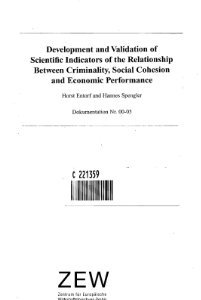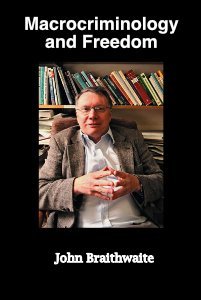By Ernesto Schargrodsky and Lucía Freira
The purpose of this paper is to study the relationship between inequality and crime, with a focus on the Latin America and Caribbean region. We find a significant, positive, and robust association between these variables.
The results persist if one instruments for inequality with historical variables in crime regressions, suggesting that a causal interpretation of the estimated effect is reasonable. Moreover, inequality is the only variable showing this robust regularity. Education levels, economic activity, income per capita, and poverty show weaker and unstable relationships with crime. The analysis of the distribution of crime victimization indicates that men and youth suffer more crime than women and the elderly. By socio-economic strata, high-income groups suffer more victimization relative to poorer groups in LAC countries, but the poor suffer more homicides.
UNDP LAC Working Paper 13.
Panama City, Panama: United Nations Development Programme, Latin America and the Caribbean , 2021. 48p.












